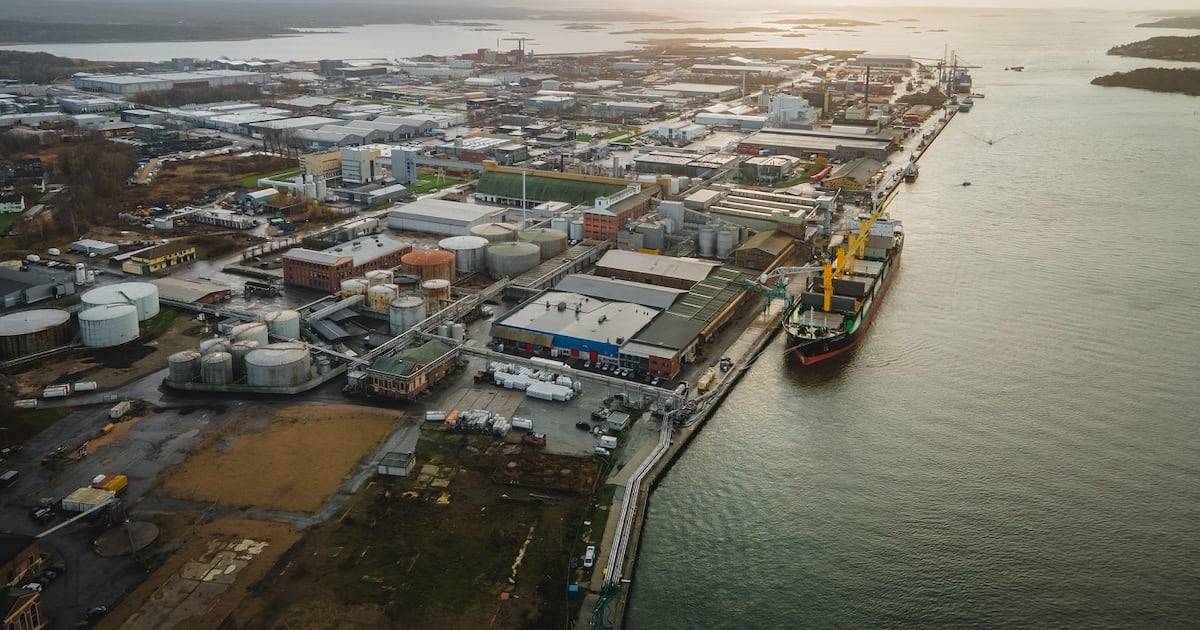Norwegian soy processor, Denofa, is facing a critical challenge as the impending implementation of the EU Deforestation Regulation (EUDR) could potentially block its access to the EU single market, putting at risk the company’s long-established trade relationships. Despite Denofa’s strong track record in sustainable and deforestation-free soy imports, the regulation, scheduled to take effect at the end of the year, poses a significant threat to the company’s operations.
For over two decades, Denofa has been importing soybeans from Brazil to Europe, maintaining a commitment to sustainable practices. However, Norway’s status outside the EU presents regulatory complications for the company. While the country aligns with EU policies as part of the European Economic Area (EEA), until the EEA adopts the EUDR, Norway is considered a ‘third country,’ hindering Denofa’s ability to register traceability data through the EU’s TRACES system. This limitation effectively bars the company from participating in the new deforestation-free certification process, jeopardizing its competitiveness in the EU market.
Hans Petter Olsen, CEO of Denofa, expressed concern that the current situation leaves the company unable to compete on equal terms once the EUDR is enforced. Denofa’s commitment to responsible sourcing and sustainability has been a cornerstone of its operations, giving it a competitive edge and ensuring that its soybeans do not contribute to deforestation. The company has been a pioneer in sustainable soy consumption, implementing comprehensive traceability systems to guarantee deforestation-free, ProTerra-certified soybeans.
Under the EUDR, companies must register as ‘First Receivers’ in the TRACES system to verify the non-deforestation status of their goods. However, only EU-based firms can currently obtain this status, leaving Norwegian companies like Denofa in a technical limbo. Responsibility for registering Denofa’s soybean imports falls on EU-based buyers until the EEA adopts the regulation, adding complexity and liability to the process.
To address the risk of losing access to the EU market, Denofa has been actively lobbying Norwegian and EU policymakers for solutions. One proposed solution involves establishing a Swedish subsidiary to bypass the TRACES restriction, but Olsen cautioned that this workaround would come with unnecessary costs and administrative burden. The company supplies a significant portion of Norway’s livestock feed and exports two-thirds of its products, with Sweden being its primary EU market. The looming EUDR introduces technical hurdles that could disrupt this trade flow.
Denofa has been seeking political solutions to the regulatory challenges it faces. The company has urged Norwegian officials to expedite EEA adoption or pursue bilateral agreements with the EU. Ideally, Denofa hopes for the EU to amend the TRACES rules, allowing non-EU companies to register directly. While Norwegian authorities acknowledge the issue, a concrete timeline for resolution has not been provided. The recent 12-month extension of the EUDR offers some hope, but Olsen remains cautious about potential delays in implementation.
In addition to engaging with trade organizations and NGOs in Norway and Sweden, Denofa has reached out directly to EU politicians in an effort to seek support. However, as of now, they have not received any response. Should a resolution not be reached, Denofa faces the difficult decision of potentially shutting down its production facility in Norway, where it has been operating since 1912.
Denofa’s case underscores the broader concerns about the unintended consequences of the EUDR on non-EU suppliers. The company’s predicament highlights the challenges faced by companies like Denofa that have been at the forefront of deforestation-free practices. It is crucial for policymakers to find a balanced approach that ensures sustainability without impeding the operations of responsible companies like Denofa.




